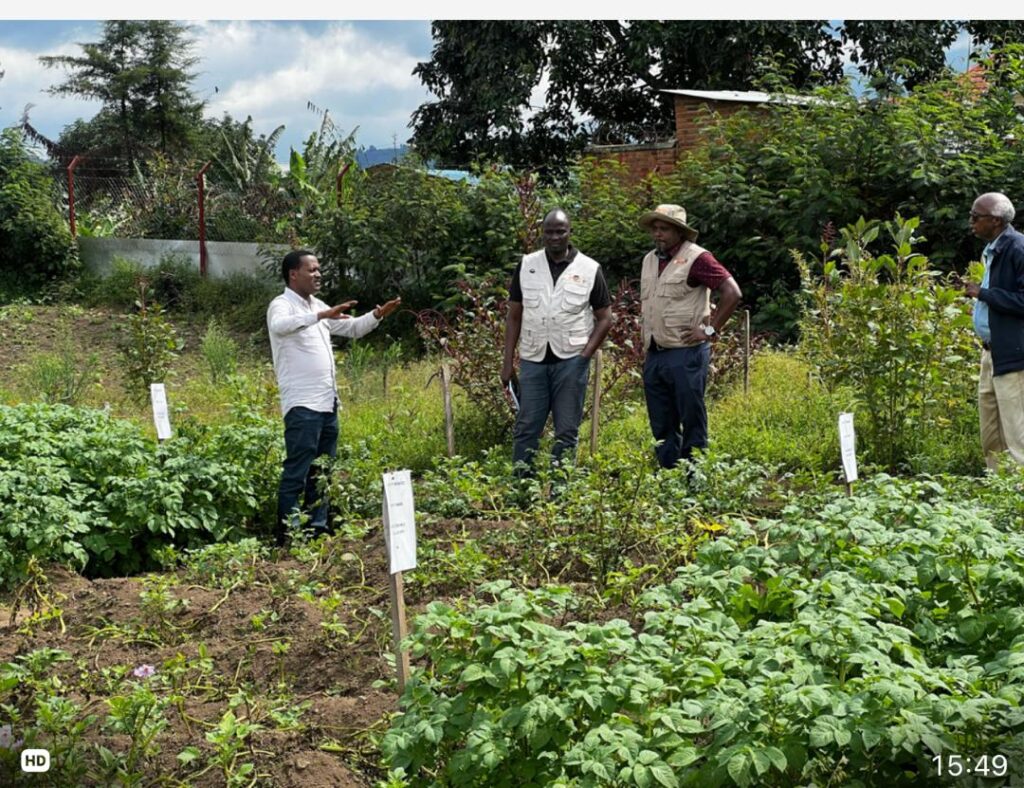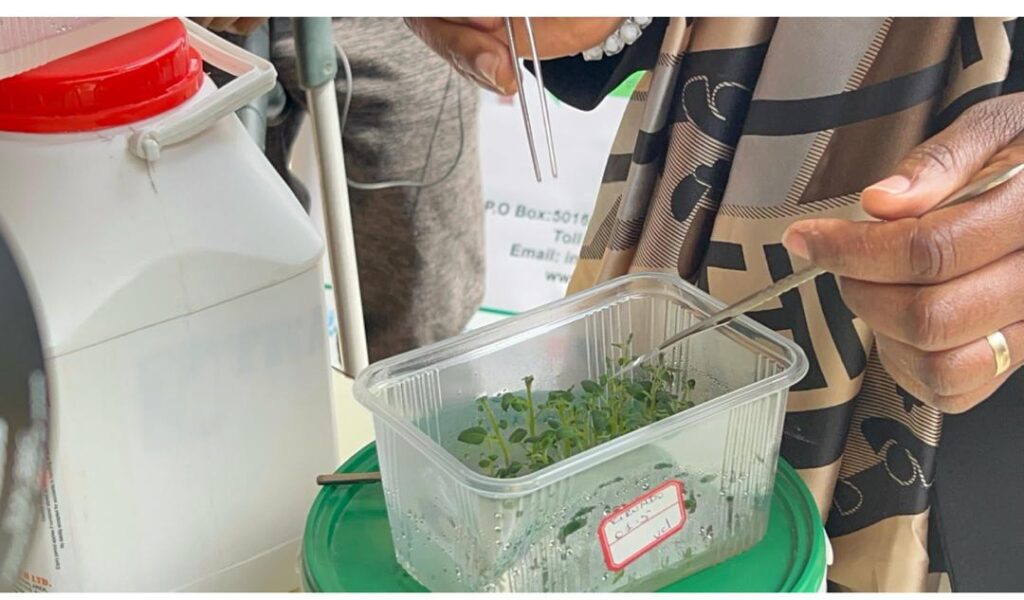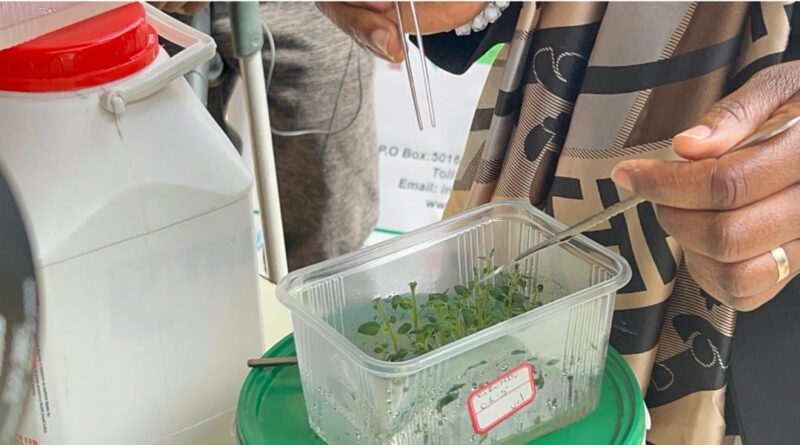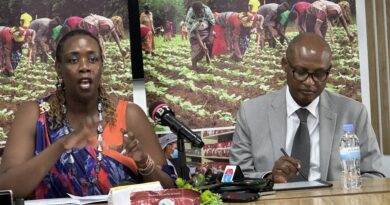Rwanda Embraces Biotechnology to Boost Food Security and Farmer Livelihoods
The rapid growth of the global population, combined with the limited availability of land, has led scientists and policymakers to explore modern technologies that can enhance agricultural productivity. One of the key solutions is the use of Genetically Modified Organisms (GMOs)—crops engineered to resist pests and diseases, adapt to climate change, and provide farmers with higher yields while ensuring consumers have access to abundant and quality food.

On June 3, 2025, the Open Forum on Agricultural Biotechnology in Africa (OFAB) launched a six-day training program in Rwanda aimed at raising awareness and building knowledge on biotech crops. The training brought together farmers, journalists, and stakeholders to promote understanding, advocacy, and partnerships in biotechnology.
Among the participants was Guillaume Ndiriye, a farmer from Kirehe District, who practices modern farming of bananas, avocados, and tomatoes. Inspired by the training, he expressed interest in adopting biotech potatoes. He highlighted that genetically modified potatoes require fewer pesticides, reduce farming costs, and are easier to manage—promising both personal and national benefits.
Experts emphasize that biotech crops can double yields, producing up to 40 tons per hectare compared to 20 tons for conventional varieties. Alexis Nyandwi, a social media influencer in agriculture, admitted he was once skeptical about GMOs, but now recognizes their potential to revolutionize farming and food security. He stressed that science should be embraced rather than feared.
Pacifique Nshimiyimana, Director of Alliance for Science Rwanda, explained the economic and environmental benefits of biotech potatoes. Farmers in Northern Rwanda often spend heavily on pesticides and labor, with daily wages ranging from 1,000–1,500 Rwf. Reducing pesticide use will save costs, lower workloads, and prevent crop losses caused by late spraying. Moreover, fewer chemicals will protect pollinators like bees, benefiting beekeepers as well.
Dr. Athanase Nduwumuremyi, a researcher at the Rwanda Agriculture and Animal Resources Board (RAB) and head of OFAB Rwanda, confirmed that the country has been piloting biotechnology for four years. He noted that within two years, biotech potatoes could be rolled out to farmers once approved. The plan is to start with a few volunteer farmers and later scale up seed multiplication for nationwide access.
Food security remains a national priority. Although Rwanda has committed 10% of its budget to agriculture under the Maputo Declaration, the target has not yet been fully achieved. However, the country continues to seek homegrown solutions, investing in crops like cassava, maize, and potatoes that are widely consumed. Biotechnology is now seen as a strategic tool to meet these goals, ensuring not only self-sufficiency but also resilience in the face of climate change.

By:Florence Uwamaliya
![]()




